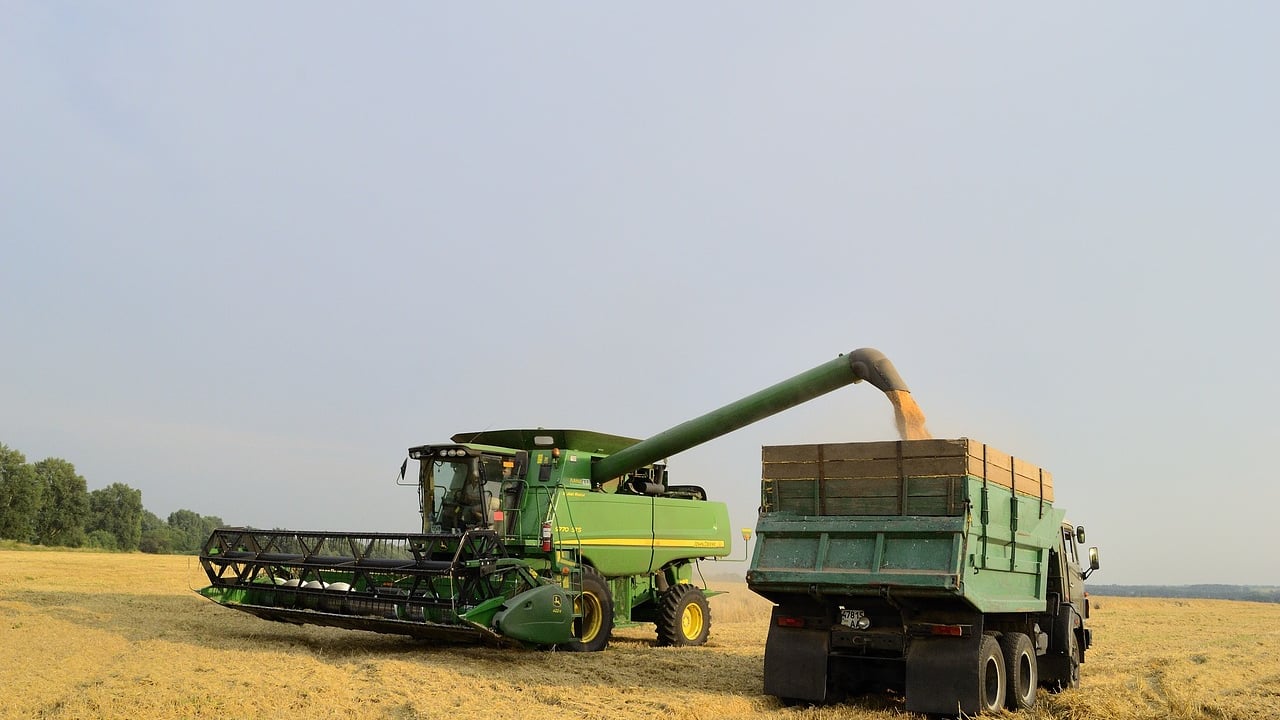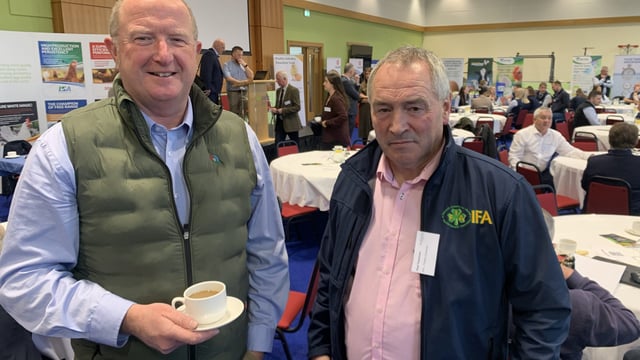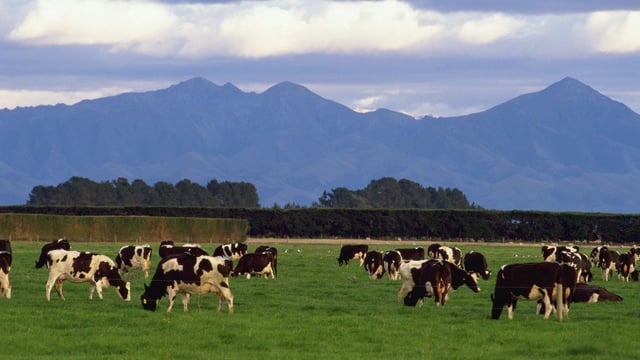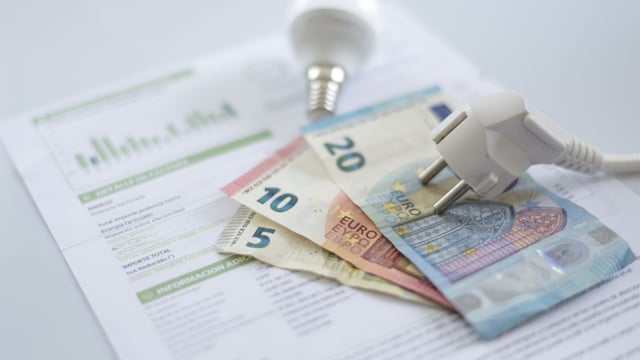'Persistent concerns' over updated Ukraine trade deal - EU farmers
Producers in several EU agri-food sectors have said they have "persistent concerns" with an updated trade agreement with Ukraine.
The finalised update to the EU-Ukraine Association Agreement entered into force yesterday (Wednesday, October 29).
The Association Agreement includes the 'EU-Ukraine Deep and Comprehensive Free Trade Area' (DCFTA), which covers the trade aspects of the wider political association agreement.
The European Commission said yesterday that the upgraded DCFTA delivers additional, mutually beneficial trade liberalisation, while taking fully into account the sensitivity of certain EU agricultural sectors.
However, EU producers in several sectors have raised concerns over the impact that Ukrainian imports will have on their own sectors.
These producers fear that increasing imports of crops from Ukraine will – and already have – put downward pressure on prices received by farmers for those products. The EU poultry sector is under similar pressure from imports of poultry products and eggs.
Responding to the entry into force of the DCFTA, these producers said in a joint statement that the concessions to some Ukrainian exporting sectors are "significant".
The groups involved in this joint statement are AVEC (representing poultry processors and the poultry trade sector); CEFS (sugar manufacturers); CEPM (maize producers); CIBE (beet growers); Copa Cogeca (representing farm organisations and agricultural co-operatives); ePURE (renewable ethanol); EUWEP (eggs, poultry and game wholesalers); and iEthanol (industrial and beverage ethanol sector).
Their joint statement said: "Our organisations acknowledge the revision...of the EU–Ukraine Deep and Comprehensive Free Trade Area and welcome its aim to provide greater certainty and a more stable trading framework for both parties.
"We also recognise that efforts have been made to address the risks faced by European producers and industries. However, the concessions in many sensitive sectors are significant," the statement added.
Among these are increases in tariff quotas for ethyl alcohol (+25%), poultry (+33%), common wheat (+30%), barley (+29%), maize (+54%), eggs (+200%), and, most notably, sugar (+398%) and honey (+483%).
The joint statement said these quotas will pose significant challenges, in particular as they are in addition to past or planned trade concessions, notably with the South American Mercosur bloc.
"We welcome the principle of a reinforced general safeguard clause that can be triggered in the event of market disruption in a member state but remain doubtful about its practical effectiveness due to the lack of automaticity and clear criteria for its triggering," the statement added.
The concerned producer and sectoral groups called for the implementation of a "robust and automatic system" for monitoring imports of the most sensitive products.
"The planned alignment of Ukrainian production standards, in particular on animal welfare and on plant protection products use, with EU rules by 2028 is a progress, but no guarantees have been provided regarding its genuine implementation.
"We thus call for controls on the ground and for strict traceability controls by the European Commission," the statement said.
"We remain committed to continuing dialogue with the commission to ensure that these issues are addressed and that guarantees are provided to European producers and manufacturers," the statement concluded.





